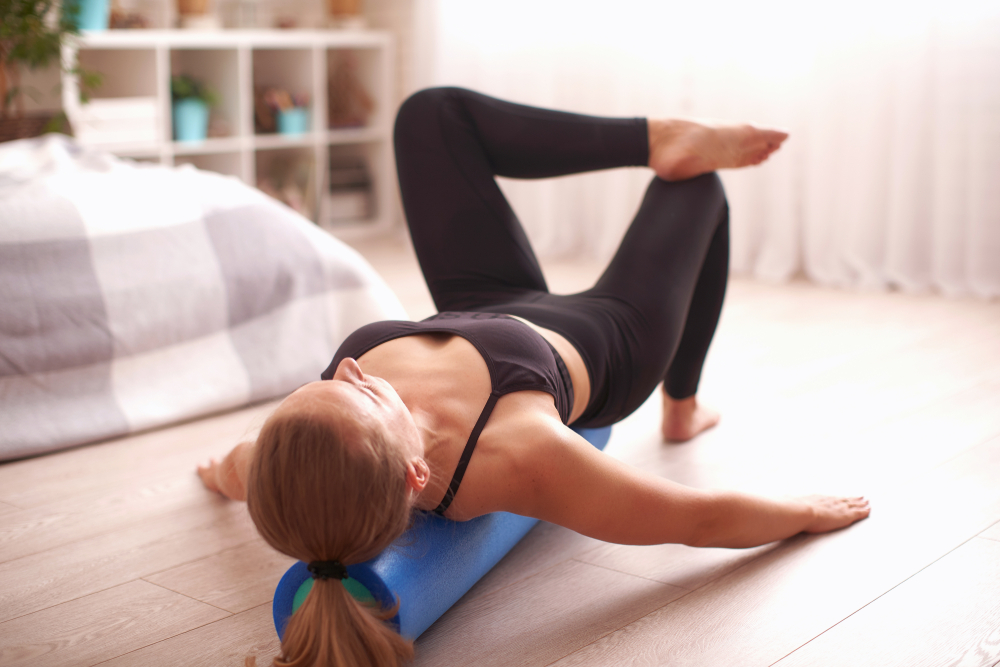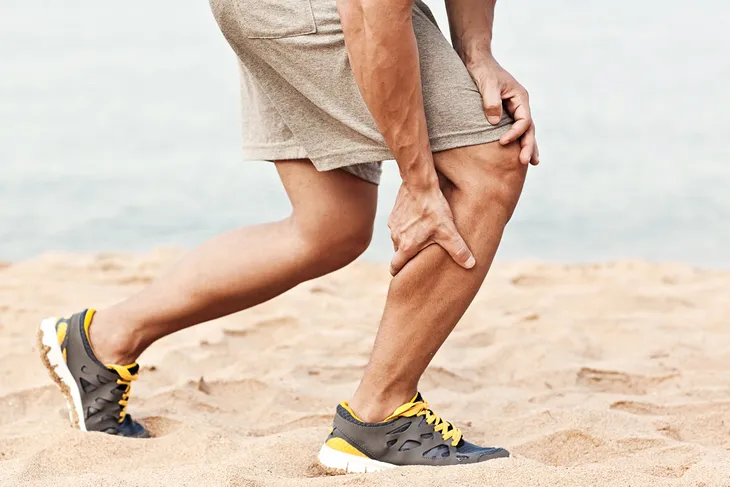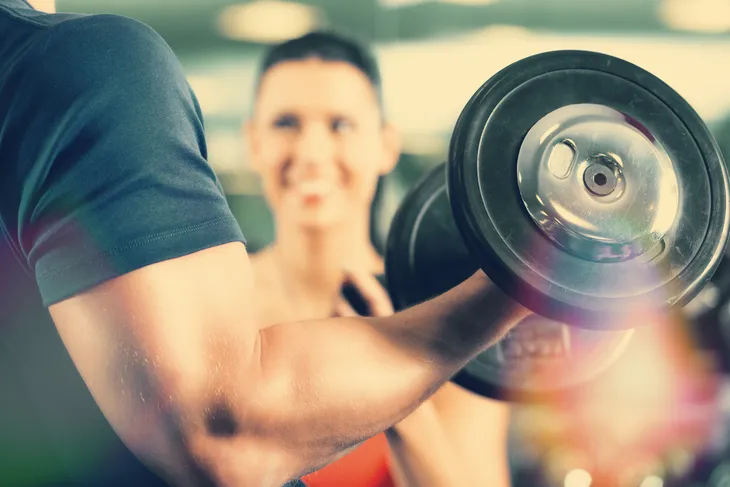Any type of exercise you participate in is going to result in stiff muscles. This is the one by-product of exercising that most people fear and try to avoid. However, this article is going to explain why having stiff muscles is a good thing.
If you’re new to exercising or worried about trying a new style of exercise and the risks of muscle stiffness and soreness, this article is for you. To help you be prepared, I’ll cover the symptoms you may encounter, why they happen, and what you can do to relieve stiff muscles. Let’s get into it!
Symptoms of Stiff Muscles
I think it’s fair to say that everyone has experienced symptoms of muscle stiffness at one point in time. Symptoms of muscle stiffness aren’t typically the nicest to experience but serve as a reminder that you are putting in work to achieve your fitness goals. Some of the most common symptoms of muscle stiffness are:
- Soreness when moving limbs (your range of motion will be restricted)
- Waking up feeling lethargic
- Body aches
- Joint stiffness and soreness based on the body parts you exercised
- Muscle cramping and spasms
Make Sure You Haven’t Injured Yourself
Yes, experiencing muscle stiffness can be a badge of honor as you typically have to endure an intense workout to achieve this result. However, if you’re noticing any of the following symptoms, please book an appointment with your doctor to ensure you haven’t sustained an injury. The following signs may indicate an injury:
- Large amounts of swelling and inflammation
- Unbearable pain in the muscle and joints to the point where you can’t put weight on that body part
- Redness and excessive body heat
- Bruising and discoloration
The symptoms above are abnormal and should not accompany general muscle stiffness. If you experience any of these symptoms, please get a check-up immediately.
Causes of Stiff Muscles
Many activities can cause muscle stiffness. Some cases may be intentional while other cases will leave you wondering what you did to endure this stiffness. In general, when you exert yourself with physical activity and exercise, your muscles will contract and relax to produce force, allowing you to complete the activity. When you overwork your body, this will cause a small degree of muscle breakdown resulting in muscle stiffness. But this is a good thing! Over time when the muscle breaks down and rebuilds, you’ll grow stronger.
Some of the most common causes of muscle stiffness are:
- Adding weights into your workout
- Increasing your weights
- Trying a new form of exercise
- Starting to exercise after taking a long period of time off
- Exercising too hard
Less Common Causes
Some of the more lesser-known causes of muscle stiffness are:
- Completing more exercise than you’re used to doing
- Moving houses
- Completing yard work
- Heavy lifting at work or around the house
Regardless of the cause, if you’re looking to build muscle, strength or to tone up your body, experiencing muscle stiffness is a good thing, if it’s in a controlled setting. You should never have muscle stiffness to the extreme where you cannot move your muscles or limbs. This is when you know you’ve worked out too vigorously or the weights you were using are too heavy.
Treatments
The key to overcoming muscle stiffness and recovering for your next exercise session is to treat the muscle stiffness quickly so that these symptoms don’t linger for too long. Here are my top treatments for stiff muscles:
- Stretching out your stiff muscles. Hold each stretch for a minimum of 1-minute.
- Rolling out on a foam roller. Spend around 30-seconds rolling each muscle.
- Take magnesium to help decrease the severity of muscle stiffness.
- Use ice to take the edge off the stiffness.
- Take a day off to focus on active recovery. Use this day to go for a walk and allow your body to work through the stiffness and recover.
- Going for a full body massage to work through the stiff muscles.
- Soaking in a hot bath or hot tub for a minimum of 20-minutes.
- Participate in a gentle yoga session to stretch out your body.
- Invest in a massage tool to work out specific body parts.
The Importance of Active Recovery Days
I always recommend taking a minimum of two active recovery days each week to focus on recovery so that you can jump back into your exercise routine feeling fresh and ready to make progress. An active recovery day does not mean taking a day off. It means getting out and doing some exercise that doesn’t cause exertion.
For example, you could get out for a brisk walk with family or friends or hit the pool to swim some slow laps. The goal of active recovery days is to warm up your sore and stiff muscles, get the circulation going to help your body recover.









